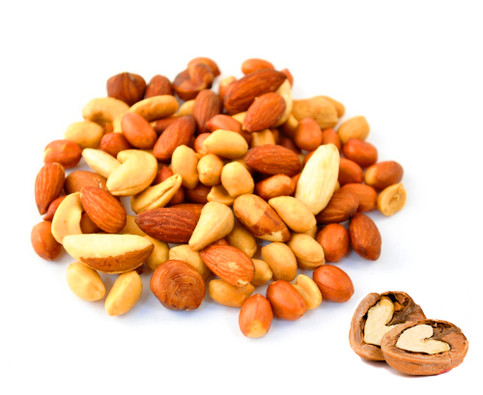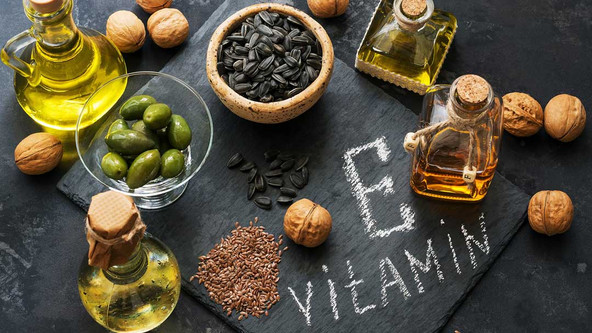Nov 3rd 2025
Why Your Heart Needs Vitamin E
February is Heart Month, and an absolutely critical nutrient for the heart and cardiovascular system is vitamin E. When experimental animals are deprived of vitamin E, they die of heart disease. The two principle roles vitamin E plays in heart health are as an antithrombin, preventing clots inside blood vessels, and as an antioxidant, preventing lipid peroxidation, or oxidation of fats. While vitamin C is our body’s major water-soluble antioxidant, vitamin E is its major fat-soluble antioxidant. Maintaining healthy arteries, free of plaque, is key to maintaining a healthy heart. Plaque forms when cholesterol (low-density lipoprotein or LDL), which is a type of fat, becomes oxidized. Vitamin E plays an essential role in protecting LDL from such oxidation. Cell membranes are composed primarily of fats. As we age our cell membranes tend to become stiffer, primarily due to oxidation. The blood cells themselves become thicker, which increases blood viscosity and impedes circulation…
read more Fuel your life with the purest vitamins
Fuel your life with the purest vitamins


